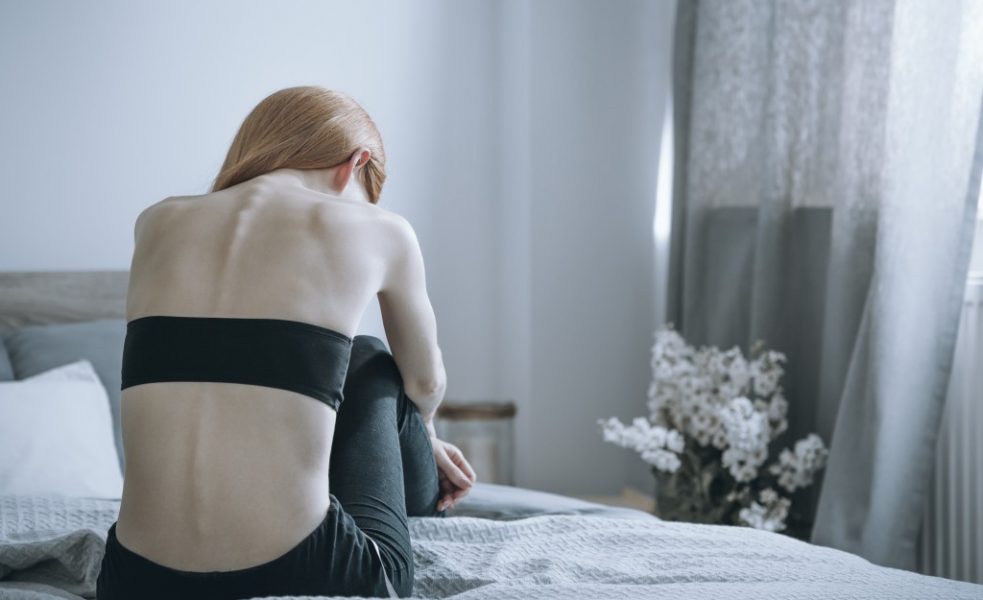Picture a girl your age, one who you could easily imagine bumping into on your way to class. Maybe she is often mistaken for you in the distance. She’s just like you.
Imagine that this girl is sitting on her bed and is scrolling through her timeline on her phone. She’s on her own in her room.
The girl’s name is Emily. And she is one of many girls in America who might be lonely or socially isolated.
But first we have to find out if Emily is alone, lonely, or socially isolated.
Does Emily feel like she wants to connect with other people? Does she miss talking and interacting with others and now feels a little hollow?
If she feels this way, then she is lonely. She’s craving social interactions and may have just experienced a personal loss.
Does Emily feel like she has no one to turn to? That she cares about no one and that the reverse is also true?
If this is the case, then she may be experiencing social isolation, which is when someone feels like they have no meaningful connections with anyone else.
Emily might feel this way because of a number of reasons. She may have experienced trauma as a child. Or maybe she has problems with substance abuse. Emily could also feel an unhealthy desire to avoid people.
Loneliness and social isolation are closely related. Emily could feel both because she has no real connections and support systems, and crave things at the same time.

Does Emily feel neither of those things and is just on her own?
If this is the case, then Emily is simply alone. Being alone is not a bad thing and can sometimes help us recharge our brains. Being alone for a while may also help us build stronger relationships. Introverts and like-minded people enjoy their solitude, and can be alone and not feel lonely or isolated.
Is Emily the only one feeling this way?
No, Emily is not on her own in this. According to research, women are more likely to feel lonely and socially isolated. This epidemic of loneliness can affect anyone, not just girls. It can affect the elderly, working class men and women, and teenaged boys. However, women are more prone to feeling socially isolated and are more likely to be stressed by it.
What will happen to Emily?
If not addressed, it may lead to depressive symptoms, and makes her more vulnerable to other mental conditions. The stress of being socially isolated may also make Emily sleep poorly, compromise her immune system, and may even result in her feeling physical pain from the isolation. The risk of heart disease and diabetes also increases if Emily continues to be socially isolated.
Can you beat social isolation?
Yes, you can. If you feel the same way as Emily, you can try the following to break your isolation.
Exercising has been linked to decreased feelings of loneliness, as well as being good for your body. Exercising outdoors also gives you the chance to meet neighbors or acquaintances.
Use your interests and hobbies to open conversations with other people. Having something in common could pave the way for deeper conversations and a richer relationship.
Seek professional help if you feel the need. There are many experts who know exactly what you’re going through. Therapeutic communities, like the Eva Carlston Academy, are open to girls who go through social isolation, among other things.
Be more compassionate to yourself. A little self-criticism is fine, but sometimes an excess of it can lead to low self-esteem. This can affect your overall emotional health and your desire to interact socially.
Though it may feel that you are struggling alone, know that there are many girls like you and Emily. You are all fighting the same thing, and you are not fighting alone.



